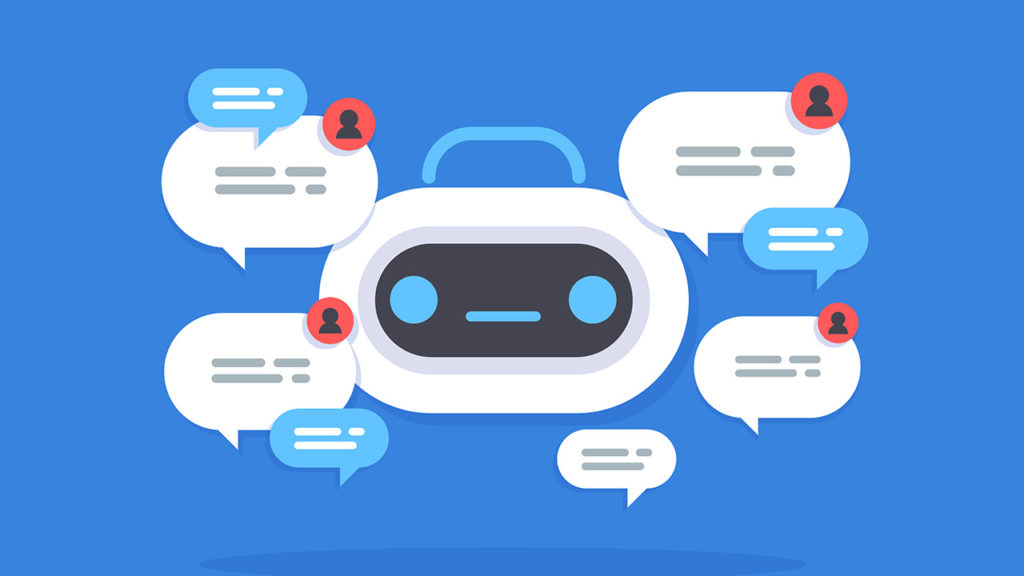Humans are the smartest species on planet earth. By a huge margin. We have evolved a lot as species due to our cognitive abilities. However, it also means that we are bored of mundane and repetitive tasks. Until now, computers have been like helpful friends but can they really replace us in some of these tasks? Cognitive computers can be the answer.
Contents
What are cognitive computers?
Cognitive computers(CC) emulate human cognitive skills. This helps these systems to bridge the gap between machine and humans. Providing them with abilities like perception and learning. Modern virtual assistants like Alexa helps you order groceries online, keep track of the weather, and play some tunes while you cook through a guided recipe.
Some of the defining characteristics of these systems are:
- Ability to interact – perception and articulation of voice, text, and other modes of expression. Contemporary virtual assistants can hold short conversations with us.
- Adaptability – Learn from the information provided and past learnings to provide a solution. An example would be when we take a wrong turn while driving, Google Maps automatically recalculates a new route.
- Contextual understanding – extract and use information like time and place to give a more optimized result. We can ask Google assistant to set up an appointment for Monday morning.
- Iterative and stateful – continue the previous discussion further. For instance, soon after you sup an appointment, you can ask Google Assistant to cancel it.

Enterprise use cases
Data Analytics
Alternative computers have immense capabilities to unlock new levels of data analytics. The different stages of data analytics can benefit from the power of cognitive computers. Firstly, cognitive computers can help in a highly efficient collection of data. One of the issues of data is data quality. Cognitive computers attempt to solve this problem through more robust information processing. Contextual and interactive abilities of CC can help in making data gathering easier as well as accurate.
Secondly, cognitive computers can also help in sorting and filtering of data. Raw data is seldom useful, and it needs to be processed. It has been a highly human-centric process until now. However, CC can be leveraged to automate some of these aspects.
Thirdly, since he can also help in analyzing data. Linear analytical models are helpful in processing numeric data. However, they are not very useful in processing nuanced data like speech and vision. Cognitive computers provide this ability.
Business process management.
Business processes are core to the functioning of firms. Firms spent millions of dollars to improve the efficiency of their business processes. CC can help improve business process management. Firstly. CC can analyze the data on a large scale. It can also look into structured as well as non-structured data in real-time. This comprehensive data analysis can enable firms in recognizing patterns in a very early phase.
Secondly, CC can also reduce risk by identifying potential threats in the environment. Canada based AI firm Bluedot sent out early warnings about COVID-19. This happened over a week before it was declared by the WHO. You can imagine the potential gains of the customers who caught this early insight. Similarly, IBM Watson analyzes weather data to predict the disruptions in the supply chain.
Thirdly, CC can also help automate business processes. Business process automation can provide immense efficiency for a firm. At the same time, they also reduced the dependency on human labor.
Customer services
Customer services is another area where cognitive computing has already been implemented. Highly interactive chatbots have reduced the cost of customer services in innumerous firms. These chatbots provide a cheap and easy solution. It can be the first line of interaction with the customers. A lot of customer queries are repetitive in nature. Therefore, these cognitive services attempt to answer them automatically.
Although now it appears to be an easy task. These kinds of interactions would not have been possible without the use of cognitive computers. Responses need to be contextualized and iterative, depending on the previous replies by the participant. Subsequently, we will have much higher levels of customer services through CC.
Information security
Recently, major concerns have been raised about security and privacy. Although they are different aspects, they are quite strongly related. Information security is quite complex. Real-time monitoring is required to counteract the threats. It is here that cognitive computers come into play.
Security experts spent several hours or even days looking at smaller signals. That could be potential threats. On the other hand, machine learning algorithms can do this in real-time. This provides a lot of advantages to security professionals. However, developments in deep learning also create more threats. Attackers have also used AI to understand the vulnerabilities in a system. There have been instances where attackers have used these systems to identify weaker targets.
Largest cognitive computing companies
IBM
Watson has evolved as a centralized AI powerhouse. On one hand, IBM has put in massive efforts to market ‘Watson.’ They spent millions to demonstrate the abilities in game shows like Jeopardy. On the other hand, they have diluted the brand by making it a ‘panacea for all problems’ kind of solution. However, there are certain advantages to Watson. Firstly, IBM has been one of the largest ITES corporations. Therefore, they have access to massive amounts of learning, data, and a technological head start. Secondly, there are certain benefits of a centralized cognitive computing technology like larger scalability and adaptability. Currently, IBM is leveraging its capabilities through hybrid approaches providing the best of both centralized and localized computing.
Amazon
The AWS cognitive cloud services platform is Amazon’s answer to CC. Although they entered the market after major players like IBM and Microsoft, they have an advantage due to the huge market share of the cloud services. AWS currently has around 32% market share with a portfolio of over 200+ products. Amazon has been relentless in the pursuit of developing cognitive computers. They have developed Graviton CPUs as well as deep learning accelerators.
Microsoft
Although Microsoft is a market leader in software, it has been successful in capturing a major chunk of the cloud services too. It stands right behind AWS with over 18% market share. Microsoft entered the cognitive computing landscape through Project Oxford. Later they named it Microsoft cognitive services. They offer services like emotion detection, speech and voice analysis, etc.
Microsoft has certain advantages over its competitors. Firstly, Microsoft has been the world’s largest provider of operating systems. Therefore they have got a huge amount of organizational learning about customers, interactions, user interfaces, and Software business. Secondly, Microsoft has the ability to integrate all of its cognitive services into Microsoft Office offerings. Currently, Microsoft Office is also the market leader in productivity apps. Thirdly, Microsoft has got huge cash reserves. You can leverage this to acquire smaller AI firms.
The limitations of cognitive computers
But now we have discussed only the positive points of cognitive computers. Now we shall discuss some of the limitations too. Most of the limitations of cognitive computers arise due to their nascent stage of development.
Inability to model complex social reality
We live in a fairly complex world. Even the most powerful cognitive computers lack the ability to model of a fraction of this complexity we live in. However, even we are prone to making mistakes in this area. We may Bury ourselves into the details of tools like PESTLE analysis. However, we humans are also incapable of modeling the entire reality.
Biases in the algorithms
Algorithms are prone to biases just like human beings. In fact, the end result can be multiplicative. There have been instances where algorithms have been totally shut down because of their inherent biases against women and blacks. We have to do a lot of work in this area to ensure that the cognitive computers we develop are free of biases.
The human-machine disconnect
We, humans, have been using computers for decades. Nevertheless, there are still certain issues that need to be resolved. We have to find out where is to make these machines more human-like. These machines have to have emotions. They need to understand their value and morals.
Also, there are certain things that we need to inculcate. We have to develop ways of dealing better with machines. Over a period of time, the trust in these cognitive machines would increase. We have to learn to value it. We also have to learn how to collaborate effectively with these cognitive assistants.
The future of cognitive computers with neuromorphic computing
Contemporary computers emulate human cognitive abilities through artificial neural networks. However, the contemporary computing architectures are still based on traditional computing. What this means is that we only simulate neural processing. This leads to lower efficiency and limits the abilities to simple tasks like voice recognition which can be done by a four-year-old human.
We can take it to the next level by moving towards neuromorphic computing. These are cognitive computers based on neuromorphic chips (NC). NC specializes in pattern recognition. This specialization comes from massive numbers of neurons and synapses. Therefore, NC holds the potential to act more like a grown human and solve problems that currently adult humans can solve.
